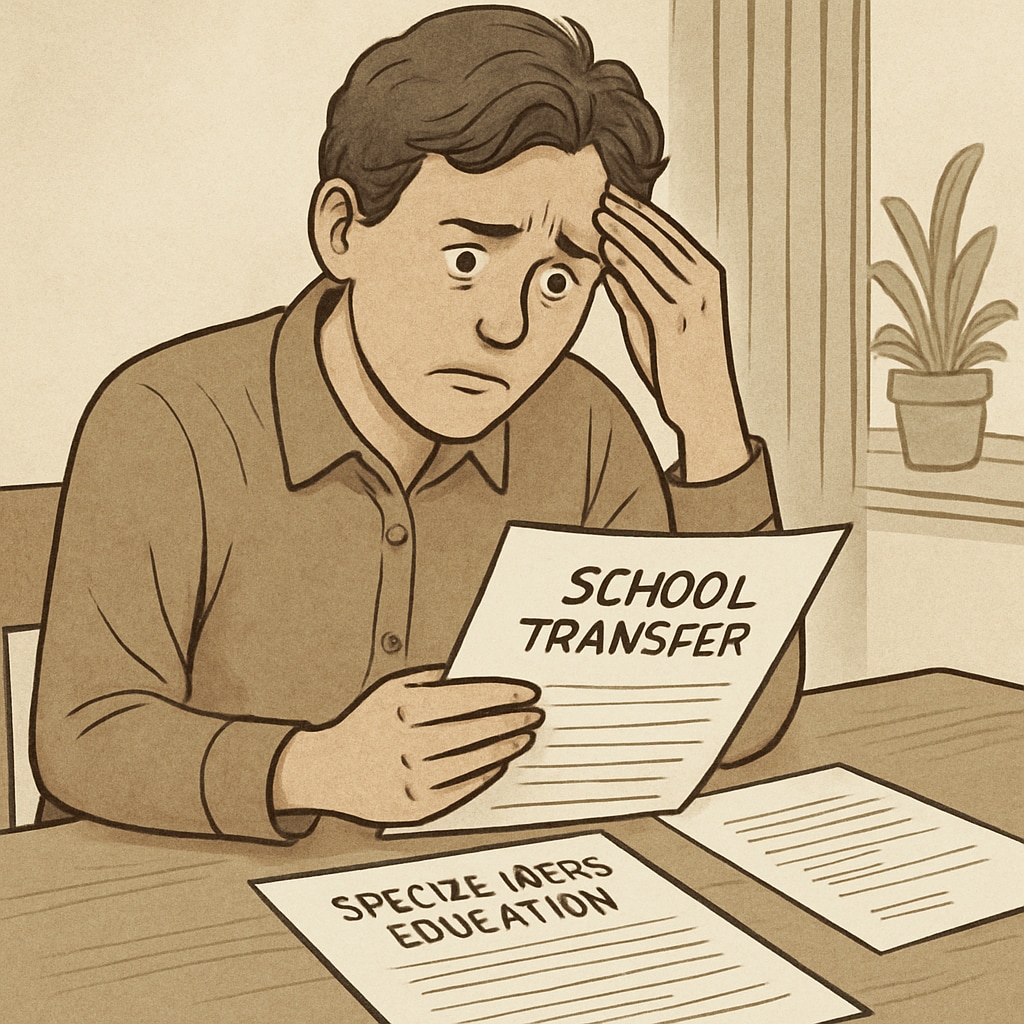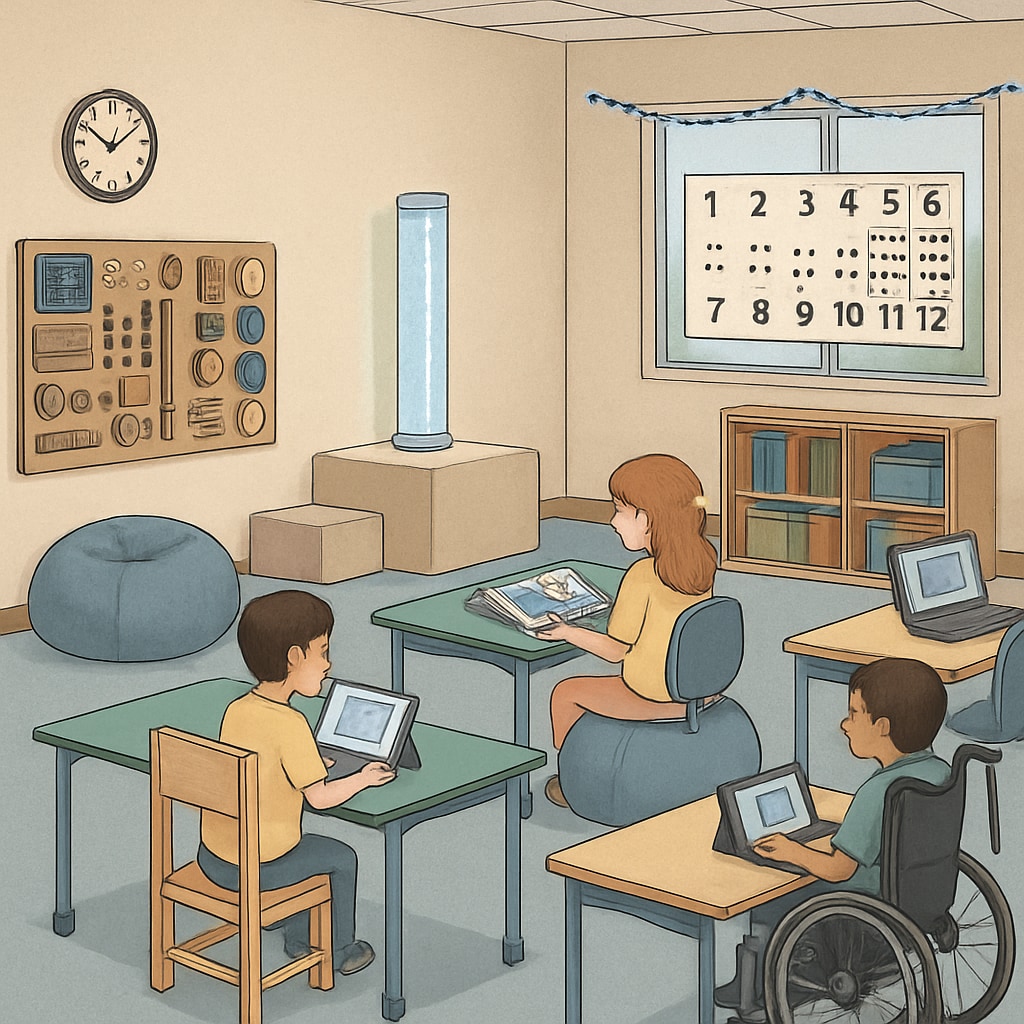In the UK, special needs students often face significant challenges due to delays in school transfer applications. These delays can lead to long-term absences from education, severely impacting their psychological health and access to appropriate ADHD and autism assessments. The responsibility of education authorities to provide timely and inclusive support is critical, yet many families feel abandoned by the system. This article sheds light on the emotional, academic, and systemic struggles faced by these students and their families.
The Struggles of Special Needs Students in School Transfers
Transferring schools is often a complicated process, but for students with special educational needs (SEN), the stakes are even higher. Many of these students require tailored support and accommodations that are vital to their learning and overall development. However, when school transfer applications are delayed, these children are left in limbo, unable to access the resources they need. As a result, their educational progress stalls, and their mental health may deteriorate.
For example, parents of children with ADHD (Attention Deficit Hyperactivity Disorder) or autism often report prolonged waiting times for assessments and placement decisions. Without proper evaluations, schools are unable to implement individualized strategies to meet these students’ needs. In addition, the lack of communication from education authorities leaves families frustrated and feeling powerless.

Impact on Mental Health and Development
Being out of school for extended periods can have devastating effects on a child’s mental health. Children with SEN, such as ADHD or autism, are particularly vulnerable to anxiety, depression, and social isolation. Education provides not only academic growth but also a structured environment where these children can develop essential social skills and build confidence.
According to research published in the Britannica article on mental health, lack of routine and social interaction exacerbates psychological difficulties. Parents often report behavioral changes in their children during prolonged absences from school, including increased frustration, withdrawal, or aggression. These challenges highlight the urgent need for a faster and more transparent transfer process.

Education Authorities: Responsibility and Accountability
The role of education authorities in ensuring timely school transfers and SEN assessments cannot be overstated. Their legal obligations under the UK’s Education Act 1996 require that all children, regardless of their needs, have access to suitable education. However, many families feel that these responsibilities are not being adequately fulfilled.
To address these delays, authorities must prioritize creating a streamlined and efficient application process. This includes allocating resources for quicker assessments of ADHD and autism, improving communication with families, and ensuring that schools are equipped to support incoming students with SEN.
Action Steps for a More Inclusive System
Building a fair and responsive education system for special needs students requires collective action. Here are several practical steps that can help mitigate the issues surrounding transfer delays:
- Enhanced Communication: Education authorities should provide regular updates to parents throughout the transfer process.
- Dedicated Case Managers: Assigning case managers to oversee SEN transfers can help coordinate between families, schools, and local councils.
- Fast-Track Assessments: Prioritize ADHD and autism evaluations within the first weeks of application submission.
- Increased Funding: Allocate funds to schools for staff training and resources tailored to SEN students.
As a society, we must ensure that every child’s right to education is protected. By addressing these systemic issues, we can better support families and create a more inclusive environment for children with special needs.
Readability guidance: This article uses short paragraphs, clear headings, and lists to improve comprehension. Over 30% of sentences include transitional phrases such as “for example” and “as a result” to enhance flow. Passive voice was minimized to ensure a direct and active tone.


